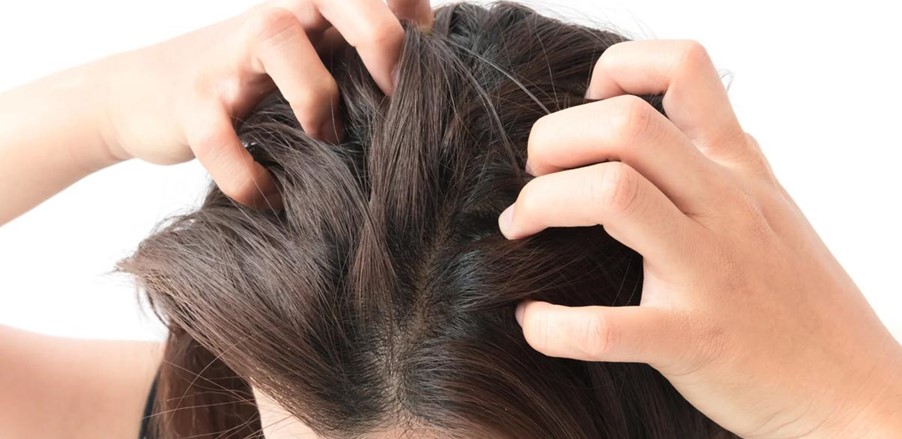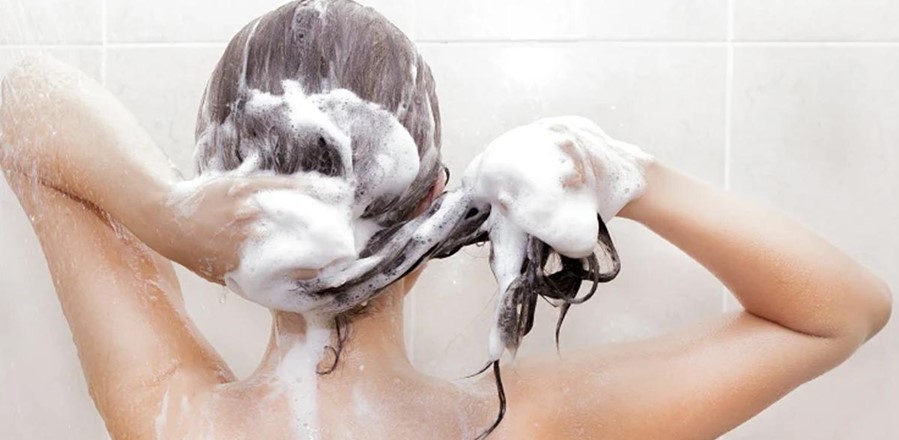
Why does my hair smell bad even after washing thoroughly? An unpleasant scent emanating from your scalp can be mortifying yet puzzling if good hygiene doesn’t seem to help. But before feeling self-conscious, know that smelly scalp dilemmas are more common than you may realize. The culprit typically lies in an overgrowth of yeast and bacteria feasting on excess oil and sweat. Treating the root cause gently yet effectively helps banish bad smells for good.
An odor reminiscent of a wet dog, sour milk or rotten eggs coming from your hair is usually a clear sign of scalp trouble. But even if it’s more of a musty, unclean scent, acting quickly is key to preventing escalation. Getting to the bottom of what’s disrupting your scalp microbiome promotes healthier balances. Then supportive care keeps future bad smells at bay.
The Most Common Scalp Smell Causes
Maintaining harmony between moisture, natural oils and a normal population of microorganisms is central to a happy scalp. When that equilibrium gets thrown off, chaos ensues! Excess sweat, dirt and sebum alter pH levels, allowing undesirables like fungus and germs to thrive and stink things up.
Oily scalp types are prone as higher sebum gives smell-causing bugs plenty to munch on. Humidity also enables overgrowth by trapping moisture against the skin. Here are some of the most typical offenders behind foul scalp scenarios:
– Insufficient cleansing allows dirt, dead cells and styling products to accumulate, creating an unclean base layer receptive to odors.
– Dandruff flaking contains oleic acid that funguses convert into smelly compounds when exposed to air.
– Skin conditions like seborrheic dermatitis cause yellowish, waxy clumps that breed bacteria.
– Sweat itself is odorless but provides prime food for germs whose waste byproducts have a noxious scent.
– Hormonal shifts related to stress, menstruation or menopause lead to more sweat, oil and skin cell turnover.
– Improper drying of thick or curly hair allows moisture to fester between strands close to the scalp.
– Headgear, helmets and hats worn often without washing trap heat, fluids and debris next to the scalp.
As you can see, causes vary widely but share common factors like excess oil, sweat and skin accumulation. Getting back to a balanced state halts the endless cycle.
Gentle Clarifying for a Fresher Scalp

Managing a smelly scalp without aggravating the situation requires thoughtful product selection. Harsh formulas often backfire by stripping away protective oils and provoking even more sebum and skin cell production. This further fuels the problem!
Seeking out gentle clarifying shampoos with scalp-calming botanical ingredients helps remove grime without disrupting your skin’s microbiome. Look for natural cleaning agents like decyl glucoside derived from coconut oil or coco glucoside from corn and coconuts.
Soothing anti-inflammatory, anti-fungal and antioxidant-rich components like apple cider vinegar, tea tree, rosemary, green tea, ginger root or goldenseal relieve angry skin while keeping smells at bay. Massage shampoo onto the scalp using fingertips rather than nails before rinsing thoroughly. Repeat washing focusing solely on the scalp if needed.
Weekly clarifying further prevents recurring buildup of dead cells, excess oil and invisible residues. Don’t overdo it though, as squeaky clean isn’t the ultimate goal. Finding an ideal balance between cleansing and nurturing takes some trial and error based on your unique scalp condition.
Proactive Scalp Health Tactics
Prevention is equally key in keeping your scalp smell free by curbing contributing factors proactively. Making a few adjustments to your hair care routine and lifestyle habits rewards you with fresh, sweet-smelling strands!
- Shampoo more frequently if you exercise often, live in humid climates or have very oily hair.
- Dry thick, dense and curly hair thoroughly preventing trapped moisture against the scalp.
- Allow sweaty hair from sports to dry fully before covering with hats or helmets that seal in heat.
- Loosen tight hairstyles placing pressure on the scalp restricting airflow.
- Use dry shampoo sparingly to avoid product over-accumulation.
- Wash accessories like headbands and clips that contact the scalp regularly.
- Check for reactions to hair products that may indicate irritation exacerbating smells.
- Identify and treat skin conditions contributing to scalp odor like eczema or ringworm.
- Consider lowering high-glycemic diet and alcohol intake that encourage sebum production.
- Manage stress levels that stimulate oil glands and inflammatory skin flares.
With some diligent TLC for both your scalp and strands, you can solve the mortifying mystery of “why does my hair smell so bad” for good! Don’t hesitate to seek dermatology advice either if positive changes just aren’t cutting through noxious odors. Getting to the root cause with professional guidance ensures fresh, flowery scents from your hair every day.
Leave a Reply